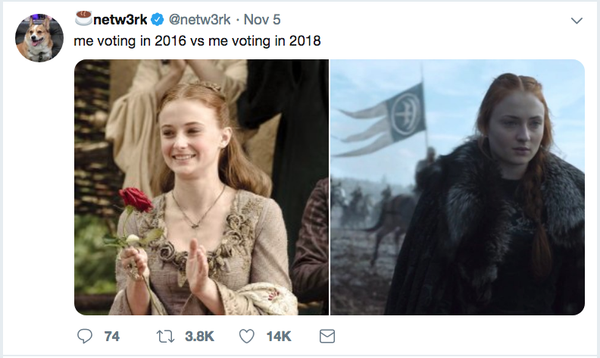In his essay “Bewusstseinsindustrie” (consciousness industry), Hans Magnus Enzensberger describes the process by which the mind and intellectual being have been industrialized and are now, in a certain sense, the new means of production. In essence, the human mind can not produce original thoughts; the mind is just a reproduction of what mass media and man-kind wants man as an individual to assume. So, in order to rule, one has to control the social order that molds the mind.
Enzensberger proposes that immaterial reality- for example, ideas- are now to be identified with material reality- the facts on the ground, if you will. Historical progress is, in his view, now driven in large part by ideology. But the basis for this is a historical-material argument, namely, that the technology of the last two centuries has enabled the industrialization of the mind.
According to Enzensberger, broadcast technology has made it so that in most mediums, with the exception of print, what is actually being produced as a commodity is not a physical object, but rather the ideas and content that are being transmitted. This is, in some ways, a natural development from previous forms of the consciousness industry. Books were a sort of transitional form in that they are sold and valued primarily for their intellectual content, yet are still a physical product that can be possessed in a tangible sense by the consumer. Some elements of the book industry reflect this, such as the production of collector’s editions, the collection of antique and rare books, and the longing for “the feel of a book” expressed by so many who disdain electronic forms of reading such as e-books. This commodity fetishism is increasingly visible in other forms of immaterial production; for example, many music listeners are quite vocal about their preference for vinyl records over CDs or MP3s, and one used to hear the frequent complaints about the death of print journalism in favor of online and television journalism, with some even going so far as to fetishize newsprint.
Enzensberger’s broader point about the importance of control of the consciousness-industry is, in my view, truer now than it was at the time of his writing. The 2016 US election cycle demonstrated this in the level of influence journalism and rhetoric had on its outcome. Donald Trump’s rise and ultimate success was due in large part to his ability to successfully direct the cameras and microphones at himself. That he was able to do this in a way that benefitted him proved Enzensberger’s point about the volatility of the consciousness industry. During the campaign, most observers took it as a given that the newspapers and television networks were in control of the national mood; that is, the national consciousness. In a sense, they were; it was entirely their choice to show what they did. But they were simultaneously bound by the expectations and financial demands of their industry to hold a microphone to every shocking and asinine thing Trump said or did, and through this he was able to subvert their power and make himself their master.
This loss of control over the consciousness industry by the mainstream media reached a clear crisis point with the proliferation of the now infamous “fake news” sites that featured so prominently in post-election discourse. The outlandishly written articles propagating conspiracy theories about the Democratic National Convention running a pedophile ring out of a pizza parlor and Muslim immigrants taking over cities across Europe coursed through the internet, particularly on social media sites like Facebook, which had scaled back its oversight of news stories after accusations of left-leaning bias in its review process. Thus the supposed dominance of established news outlets was brought into question.
One must be cautious not to overemphasize this effect. The large-scale narrative was still largely controlled by traditional news outlets. Many attributed Hillary Clinton’s defeat to FBI Director James Comey’s announcement that the FBI had reopened its investigation into Secretary Clinton’s emails just over a week before Election Day. This story dominated the news cycle and thus was the most recent thing about Secretary Clinton on most people’s minds who were not already strongly for her, especially those who had been concerned about her emails and then decided it was not a disqualifying factor. But like Trump’s statements, the choice to report on this was almost entirely out of the hands of the media that did. Thus, one must understand these media as just that: media for information rather than producers of it.
Enzensberger’s theory of the consciousness industry has been proven especially applicable in the 21st century due to the prominence of the Internet as the dominant form of mass communication. An excellent case study of this is the 2016 US presidential election. Although traditional outlets seemed to control the flow of information, they were ultimately subverted by the true producers of information and by non-traditional information outlets, leading to the victory of Donald Trump against Hillary Clinton.



















